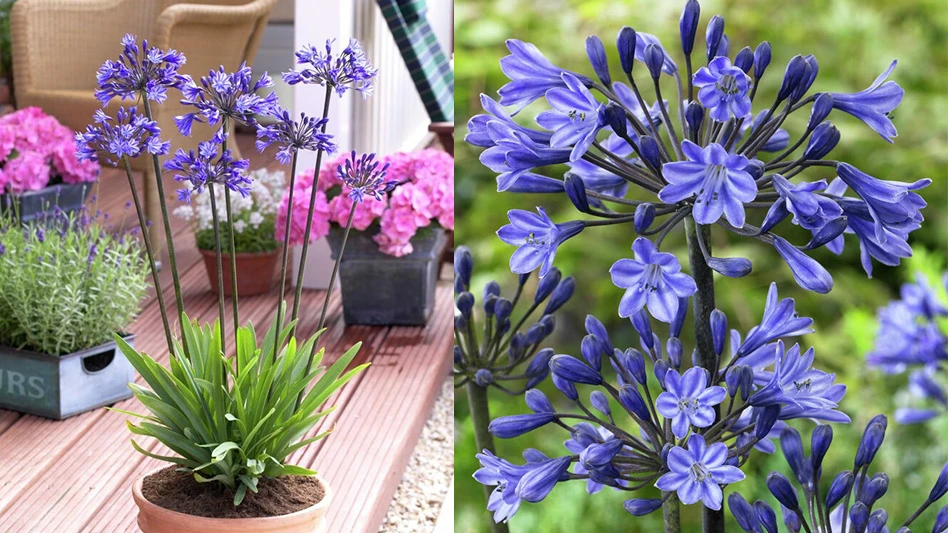
When pest or disease problems occur in our garden, or our customers’ gardens, there are three questions we can ask to figure out what to do next. These questions determine whether the problem warrants a pesticidal spray or just a change of course.
1. Are the growing conditions contributing to the problem?
Folks at the Texas A&M University plant pathology lab tell me that over 80 percent of the plant samples sent to them for diagnosis have problems caused by cultural conditions, not a disease or pest. A sun-loving plant is in the shade; a xeric plant is being overwatered; or an acid-loving plant is planted in limestone soils, for example. I find this to be true when talking to our customers, too.
Even if a disease or a pest is present, it might still be linked to a cultural condition that stressed the plant in the first place. Our plants are more likely to attract a pest or disease if they’re lacking the proper care, just as we’re more likely to catch a cold if we’re not eating right or getting enough sleep.
Climate, sun, water, soil and fertility – these are the factors that must be correct for a plant to thrive. Know thy plant. If a customer’s plant problem might be caused by improper cultural conditions, then we can encourage them to make corrections and nourish the plant first before hitting the hard stuff. A vibrant, actively growing plant can shrug off problems much easier.
2. What is the correct diagnosis of this problem?
All too often, customers arrive at our information desk confessing, “I went to this store, and they said the problem was a fungus, so I sprayed Fungicide X. That didn’t work. Then my neighbor said, ‘No, it’s a bug, and you should spray Pest-Be-Gone,’ so I did. That didn’t work, either.”
These poor customers have wasted precious time and money chasing after a correct diagnosis. They have inadvertently killed off beneficial insects and microorganisms in the process. What’s more, these customers are mixing pesticide cocktails in combinations that may have never been tested by the EPA for safety. If our garden center staff is able to diagnose correctly, we cultivate loyal customers who respect us for saving them time and money, and for helping them to be safe and successful natural gardeners.
We’ve come to rely more and more on the Internet for diagnosing. One big rule of thumb is “Consider the source.” Rely more on university Web sites (the URL should include “.edu”). Avoid sites where the information is user-driven, such as Dave’s Garden or any other forum. These may have some useful information, but don’t take it as gospel. Check several reputable sources for more accuracy, including books, the Internet, along with staff and other customers’ experiences.
3. Does this problem require a pest control product? If so, what is the least-toxic, most-effective choice?
I noticed aphids on my pear tree one weekend this past spring. I thought, “I need to get some insecticidal soap.” Meanwhile, I gave it a good blast of water to knock off as many aphids as I could at the moment. Then I procrastinated on getting the soap. A week later, I checked again and there were ladybugs, ladybug larvae, and a hover fly larva chowing down on the few remaining aphids. Problem solved.
Not all customers feel confident enough to wait, or they may have a more serious aphid problem than I did. This is where we have to gauge the customer and the problem to determine the best course of action.
There are so many pest and disease problems, ranging from mild-mannered to serious and varying from region to region. It takes a good combination of research and experience to know whether we need to act fast or wait and see. To arrive at the most accurate diagnosis and prescription for each plant problem is so rewarding – for the customer and our garden center – that it is worth the time and effort. Plus, knowing that we are recommending the least toxic solution helps us to sleep better at night.

Explore the September 2009 Issue
Check out more from this issue and find your next story to read.
Latest from Garden Center
- Meet the All-America Selections AAS winners for 2025
- AmericanHort accepting applications for HortScholars program at Cultivate'25
- 2025 Farwest Show booth applications now open
- The Garden Center Group hosting 'The Financial Basics of Garden Retailing Workshop Series'
- Weekend Reading 11/22/24
- Hurricane Helene: Florida agricultural production losses top $40M, UF economists estimate
- Terra Nova Nurseries shares companion plants for popular 2025 Colors of the Year
- Applications open for Horticultural Research Institute Leadership Academy Class of 2026





